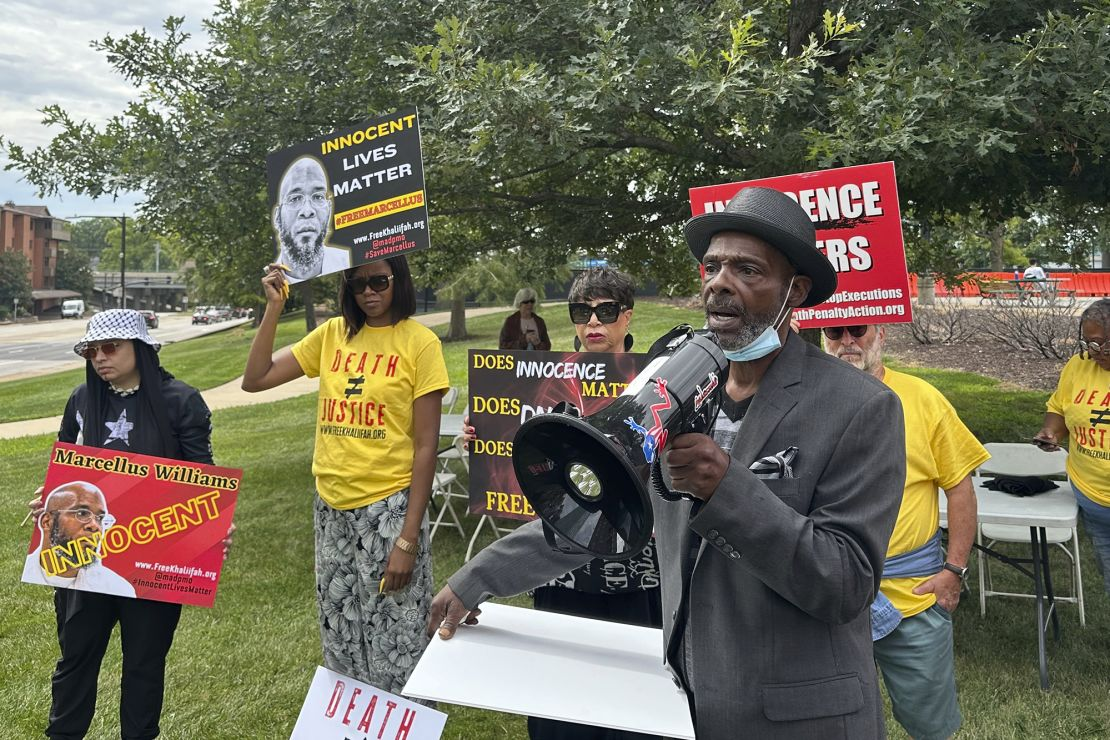Missouri death row inmate Marcellus Williams receives a new opportunity for a hearing that might save his life, following revelations of mishandled DNA evidence and a recent law allowing for the reassessment of convictions.
Williams, 55, is set to be executed on September 24 for the 1998 stabbing of Lisha Gayle in University City, a suburb of St. Louis. However, a recent evidentiary hearing, overseen by Judge Bruce Hilton, aims to challenge his conviction. A crucial element of Williams’ case involves DNA evidence that was compromised, casting doubt on his guilt.
Missouri’s 2021 law permits prosecutors to request the dismissal of convictions they believe were wrongful. Following this, St. Louis County Prosecuting Attorney Wesley Bell sought to overturn Williams’ conviction after new DNA tests revealed Williams’ DNA was not present on the murder weapon. Despite this, contamination of the evidence has complicated the case, leading to a closed-door negotiation resulting in Williams agreeing to a no-contest plea for a new life sentence without parole.
This agreement, endorsed by Hilton and Gayle’s family, was later blocked by Missouri Attorney General Andrew Bailey, prompting the Missouri Supreme Court to mandate the continuation of the evidentiary hearing. As the execution date looms, Hilton is expected to make a ruling by mid-September.
Williams’ situation echoes past cases where new evidence led to the exoneration of wrongfully convicted individuals, like Christopher Dunn, Lamar Johnson, and Kevin Strickland, who were freed under the 2021 law. Previously, Williams had been close to execution in August 2017 when new DNA evidence linked the knife used in the crime to an unidentified individual, leading to a stay of execution.
The prosecution’s case against Williams included claims of a break-in, a violent assault on Gayle, and testimony from a cellmate and Williams’ girlfriend, both of whom were convicted felons. Williams’ defense contends that these witnesses were motivated by a reward.
The final decision on Williams’ fate remains pending, highlighting ongoing issues in the justice system regarding the handling and integrity of evidence.












